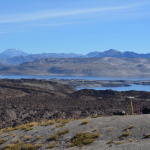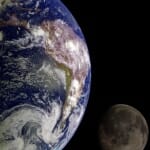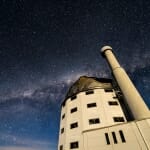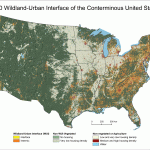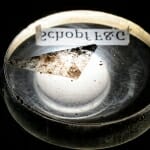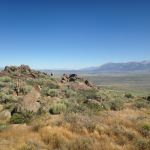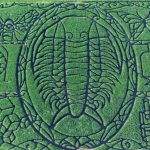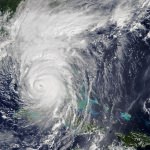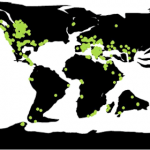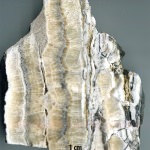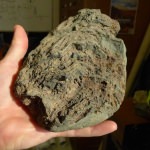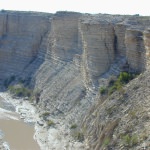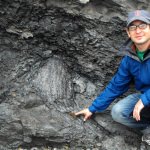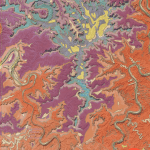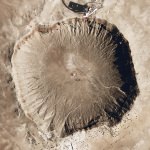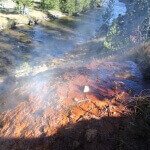Tag Geology
“Ring around bathtub” at giant volcano field shows movement of subterranean magma
It’s a major task to understand a Laguna del Maule mountaintop region that has erupted 50 times over the past 20,000 years. But the starting point of a UW–Madison study is simple: It’s the ring that standing water leaves on a bathtub. Read More
In ‘Origins,’ UW–Madison and South African scientists tackle mysteries of our shared beginnings
The quest to understand our beginnings — of our universe, of life on Earth, of our species — inspires people all over the world. At UW–Madison, researchers have forged partnerships with colleagues in South Africa and are uncovering answers and opening new scientific frontiers. Read More
More homes built near wild lands leading to greater wildfire risk
New research out of the University of Wisconsin–Madison shows that a flurry of homebuilding near wild areas since 1990 has greatly increased the number of homes at risk from wildfires while increasing the costs associated with fighting those fires in increasingly dense developments. Read More
Scouting the eagles: Evidence that protecting nests aids reproduction
Reproduction among bald eagles in a remote national park in Minnesota was aided when their nests were protected from human disturbance, according to a new study. Read More
Wisconsin corn maze features 480-foot trilobite
Wiped out more than 250 million years ago, a trilobite today is the Wisconsin state fossil. It is also the defining feature of this year’s award-winning Treinen Farm Corn Maze in Lodi. Read More
UW-Madison course examines natural disasters
When Harold Tobin was planning the course on "Natural Hazards and Disasters" last spring, he could not know that hurricanes and wildfires would own the news cycle this semester. Read More
Charles Bentley, pioneering UW–Madison glaciologist, dies
Bentley was among the first scientists to measure the West Antarctic Ice Sheet in the late 1950s. His findings resonate today as marine ice sheets are particularly vulnerable to melting and collapse in climate change scenarios. Read More
Geologists use radioactive clock to document longest earthquake record
UW-Madison geoscience department researchers have peered back in time more than 400,000 years to illuminate a record of earthquakes along the Loma Blanca fault in New Mexico. Read More
Returning adult students honored for overcoming obstacles
The winners of the Outstanding Undergraduate Returning Adult Student Award have resumed their academic pursuits after a significant interruption and have attained senior status while handling all the demands of adult life. Read More
Massive, computer-analyzed geological database reveals chemistry of ancient ocean
Why did easy-to-see and once-common structures called stromatolites essentially cease forming over the long arc of earth history? Read More
From rocks in Colorado, evidence of a ‘chaotic solar system’
New evidence confirms a critical theory of how the planets in our solar system behave in their orbits around the sun, producing big changes in Earth's climate. Read More
Fossil fuel formation: Key to atmosphere’s oxygen?
“Why is there oxygen in the atmosphere?" asks researcher Shanan Peters. The high school explanation is 'photosynthesis.' But we’ve known for a long time ... that building up oxygen requires the formation of rocks like black shale." Read More
Life in ancient oceans enabled by erosion from land
As scientists continue finding evidence for life in the ocean more than 3 billion years ago, those ancient fossils pose a paradox that raises questions about whether there was more land mass than previously thought. Read More
Cataclysm at Meteor Crater: Crystal sheds light on Earth, moon, Mars
In molten sandstone extracted by prospectors a century ago, an international team of scientists has discovered microscopic crystals telling of unimaginable pressures and temperatures when an asteroid formed Meteor Crater in northern Arizona some 49,000 years ago. Read More

